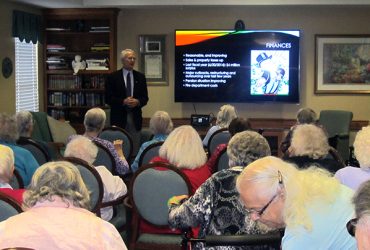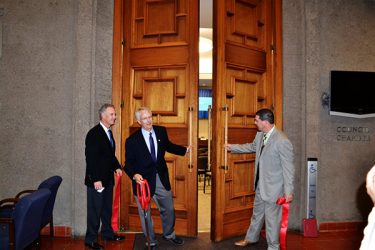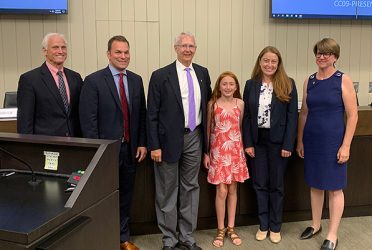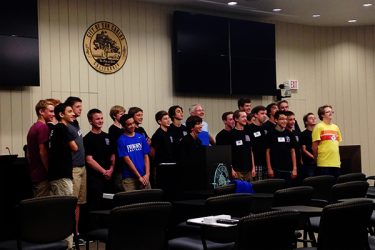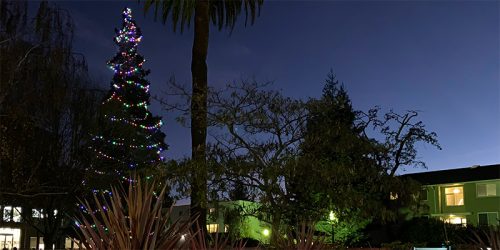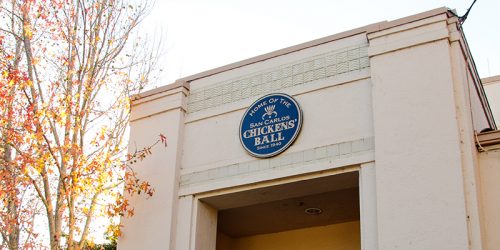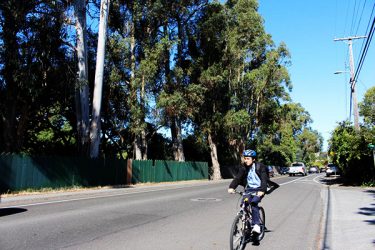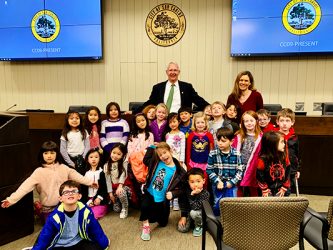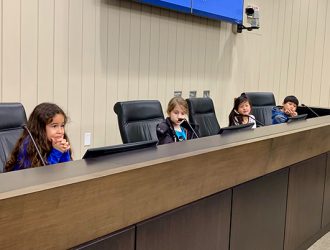How to Email Me
You can write to me at molbert@cityofsancarlos.org, or mark@arcabama.com. Both addresses go to the same place, and I check them frequently.
However, there are a few aspects of communicating with any elected official in California via email of which you should be aware.
First and foremost, just about every email conversation is public information, freely available to anyone who asks for it. The only exceptions to that rule involve attorney-client correspondence, and perhaps discussions related to certain confidential personnel issues brought up by city staff. For the vast majority of situations and topics, you need to remember what I call the Billboard Rule: don’t send me something you wouldn’t want to see on a billboard at the corner of San Carlos Avenue and El Camino Real.
You should also know there are occasions when council members must disclose correspondence, even if no one has asked for it. That’s because some Council actions are quasi-judicial (i.e., the Council is acting as if it were a court), and fairness rules compel disclosure of any discussions that bear on the matter under review. Some council members, who wish to avoid any appearance of bias, take a broad view of this obligation, and disclose discussions more often than might be legally required. I fall into that category.
The other thing to remember stems from California’s open meeting law, more commonly known as the Brown Act. You have the unfettered right to communicate with any number of council members at any time. Three or more council members, however, cannot simultaneously interact with you outside of a scheduled public council meeting. That’s because decisions affecting the public, and the discussions leading up to those decisions, must be made in public at a properly posted council meeting. Backroom deals are not allowed.
For real conversations that’s an easy rule for elected officials to follow since they can “see” who’s involved. But email complicates things. A resident might write to a single council member, get a reply, and then forward that reply, along with additional thoughts, to two other council members…who have now just been exposed to their colleague’s perspective on an issue outside of an official council meeting.
So, please: be careful about including multiple council members in the same email conversation. Two council members can participate without violating the Brown Act. But council members do discuss issues outside of public meetings with a single colleague from time to time, making it possible for your email to cause a problem if you don’t happen to include only those two members in the discussion. Since you can’t know who is talking to who ahead of time it’s best to keep your email conversations with council members separate.
That doesn’t mean you should avoid sending an email to all five council members at once. It’s if that results in an email conversation where you’ll be doing your council members a huge favor by keeping the discussions separate.


